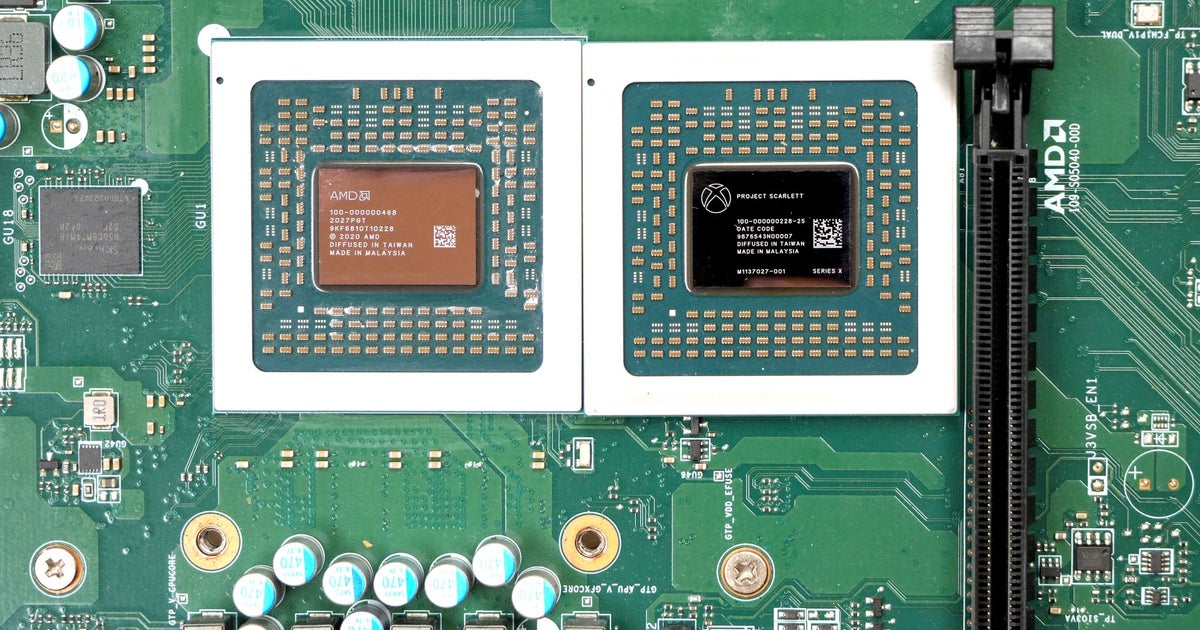I strongly disagree. There were several games running in at or above 60fps with no upper bounds set. The video below shows a 6700xt being gpu limited when comparing a 3600 to a 5600. Like I said, I cannot accept your previous claim to be true when it can be so easily disproven.
So you wanted a different video - you wanted one of those "Let's build the cheapest PS5 PC equivalent we can find in Nov 2020" videos. There's some utility (I guess) in those kinds of videos, and heck Rich kind of did that the end by showing how (badly) a 270X aged in relation to the PS4, but this was not really the point of the video.
This was comparing a GPU with
the most similar architecture to the one used in the PS5. Secondly, this GPU has very similar performance counterparts available on the market
today in its price class (sadly)
, and even its bigger brother - from that same generation! - is
still available on the market in that $300 category. There is no point to bottleneck it with a CPU like the 3600 that has not been available without massive markups (due to it being discontinued) for
years.
A R5 5600 is $130 today - now if you want to argue that with the games tested, at the settings/resolutions Rich used, were also bottlenecked to any significant degree by a
5600, I'd need to see some actual evidence, but if so I would least accept that as fair critique if even that CPU is skewing the results. But I doubt it, and pointing to a video where a far older CPU - one that you cannot buy today and can be beaten in quad-core, sub $100 CPU's that anyone would balk at when using in a CPU comparison, is somehow more illustrative of the 'scientific method', be my guest. But I think that's pure pedantry and not in the scope of what this video was trying to show.
If you want to argue the PS5's GPU was given short-shrift by this video because of potential limitation by its CPU, then I might have accepted that if Rich did a bunch of tests with 120fps modes in games that support it and the PS5 routinely failed to hit 120 where the PC breezed past it, that could have indicated a CPU bottleneck. But he didn't do that, in fact the only console game that actually reaches beyond 60fps was monster hunter rise, which is running at 4k. I guess it's
possible it's not hitting 120 at that res because of the CPU, but I'm pretty comfortable assuming no.

